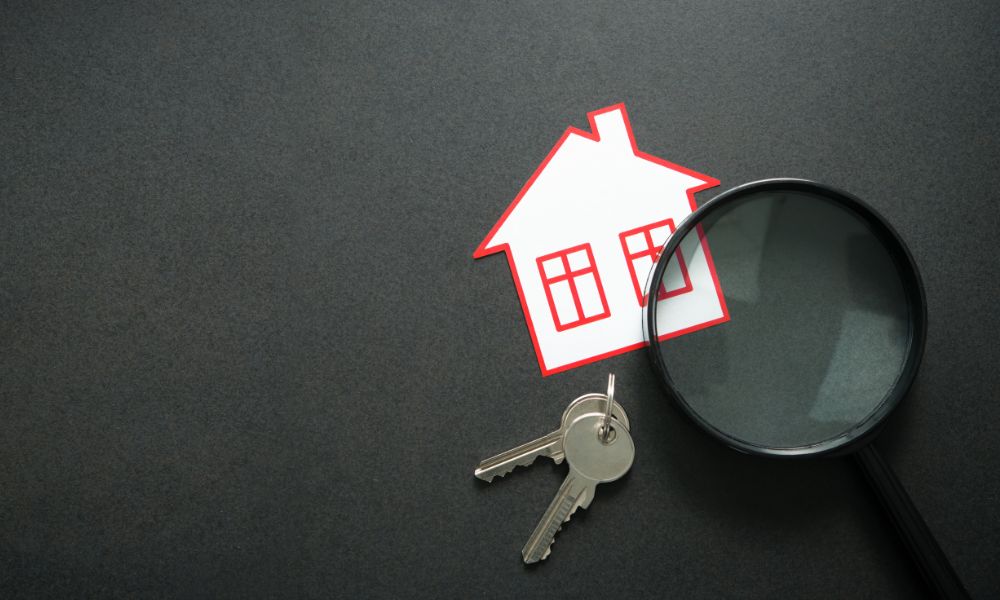Are you considering a move to St. Louis? You’re in for a treat! This vibrant city, often referred to as the Gateway to the West, offers a unique blend of historical charm, cultural diversity, and modern amenities. Nestled along the Mississippi River, St. Louis boasts a rich history that dates back to the early 19th century. From its iconic Gateway Arch National Park to its bustling neighborhoods, the city has something for everyone.
St. Louis’s historical significance is undeniable, with landmarks and museums that tell the story of its pivotal role in American history. The city is also a melting pot of cultures, featuring a diverse population that brings a variety of traditions, cuisines, and festivals to life. Whether you’re exploring the historic Soulard district or enjoying a summer concert in Forest Park, you’ll quickly discover that St. Louis is a city that celebrates its past while looking forward to the future.
So, if you’re ready to embark on an adventure filled with new experiences and opportunities, St. Louis might just be the perfect place for you.
Geography and Climate
St. Louis sits along the Mississippi River, making it a central hub for travel and trade. The city has distinct neighborhoods like the artsy Central West End and the lively Soulard, known for its nightlife and culture. In the suburbs, places like Clayton and Chesterfield offer a quieter, family-friendly vibe with top-notch schools. St. Louis is home to Forest Park, one of the largest urban parks in the U.S., even bigger than Central Park in New York!
Climate and Weather Patterns
St. Louis has a humid subtropical climate, which means hot, sticky summers and cold winters. From June to August, expect summer highs in the 90s, so air conditioning is your best friend. Winters, from December to February, can drop below freezing, and snow isn’t uncommon. Spring (March to May) and fall (September to November) are the most pleasant seasons, perfect for exploring the city and outdoor activities. The area averages about 40 inches of rain per year, so keep an umbrella handy! Tornadoes and thunderstorms can happen, especially in the spring and early summer, but they’re usually well-predicted, so staying informed is key.
Cost of Living
Looking for St Louis relocation tips? Understanding the cost of living in St. Louis is crucial for planning your move. From housing to utilities, knowing what to expect can help you budget effectively.
Housing Market
The housing market in St. Louis is quite affordable compared to other major cities. As of 2023, the median home price in St. Louis is around $225,000, significantly lower than the national median of approximately $428,700. For those looking to rent, the average monthly rent for a one-bedroom apartment is about $950, and a two-bedroom apartment averages around $1,200. Neighborhoods like Central West End and Soulard offer a mix of historic homes and modern apartments, while suburbs like Clayton and Chesterfield provide spacious family homes with excellent amenities.
Utilities and Other Essentials
Utilities in St. Louis are reasonably priced, contributing to the city’s overall affordability. On average, residents pay about $180 per month for basic utilities, including electricity, heating, cooling, water, and garbage services. Internet and cable services typically range from $50 to $100 per month, depending on the provider and package. Companies like Spectrum and AT&T offer various plans, ensuring that residents can find a service that fits their needs and budget.
General Living Expenses
When it comes to general living expenses, St. Louis remains affordable. Grocery costs are close to the national average, with a typical monthly grocery bill for a single person around $300 to $350. Transportation expenses are also manageable; a monthly pass for public transportation (MetroLink and MetroBus) costs $78. Gas prices in St. Louis are often below the national average, averaging around $3.20 per gallon as of mid-2023. Parking is generally affordable, with many free or low-cost options available throughout the city. St. Louis offers a cost-effective lifestyle without sacrificing quality and convenience.
Employment and Economy
St. Louis boasts a diverse and dynamic economy, making it an attractive destination for job seekers and businesses alike. The job market is robust, with key industries including healthcare, biotechnology, finance, education, and manufacturing. Major employers such as BJC HealthCare, Washington University in St. Louis, and Emerson Electric provide a wealth of job opportunities. In addition, the city is home to significant financial institutions like Wells Fargo Advisors and Edward Jones, primarily located in the bustling business district.
The economic outlook for St. Louis remains positive, with steady growth and development across various sectors. Employment trends show a shift towards tech and innovation, with the Cortex Innovation Community leading the way in fostering startups and tech companies. The business environment is supportive, with numerous resources available for entrepreneurs and established businesses.
Education
Public School System
The public school system in St. Louis is extensive, with numerous districts serving the region. Prominent districts include St. Louis Public Schools (SLPS) and the Clayton School District. SLPS, while facing challenges in the past, has been improving steadily, focusing on enhancing educational outcomes and facilities. The Clayton School District, on the other hand, is known for its exceptional academic performance, consistently ranking among the top in Missouri. For example, Clayton High School has a graduation rate of over 95% and strong AP program participation. These districts offer a variety of programs and extracurricular activities to cater to the diverse needs of students.
Private and Charter Schools
St. Louis is also home to a range of private and charter schools, providing alternative education options. Notable private schools include St. Louis University High School, which boasts a strong academic reputation and Jesuit tradition, and Mary Institute and St. Louis Country Day School (MICDS), known for its rigorous academics and extensive extracurricular offerings. Tuition for private schools in St. Louis can range from $10,000 to $25,000 per year, depending on the institution. Charter schools like KIPP St. Louis and Gateway Science Academy offer innovative educational approaches and focus on college preparation, providing families with more educational choices.
Higher Education
St. Louis hosts several prestigious higher education institutions. Washington University in St. Louis (WashU) is renowned globally for its research programs and undergraduate education. Saint Louis University (SLU) is known for its community service and comprehensive academic programs. The University of Missouri-St. Louis (UMSL) offers a wide range of programs with a focus on adult and continuing education. Harris-Stowe State University provides affordable education with a strong emphasis on serving the African-American community. These universities make St. Louis an educational hub with ample opportunities for learning and professional development.
Healthcare and Wellness
St. Louis offers excellent healthcare and wellness services. Major hospitals like Barnes-Jewish Hospital and St. Louis Children’s Hospital provide top-notch medical care. Specialty clinics, such as the Siteman Cancer Center, offer advanced treatments. The city has numerous fitness centers, including YMCA and Club Fitness, catering to all fitness levels.
Mental health services are comprehensive, with facilities like the Saint Louis Behavioral Medicine Institute offering various treatments. Community programs also promote healthy living. Whether you need medical care, specialized treatment, or fitness options, St. Louis has the resources to support your health and wellness needs.
Transportation
St. Louis offers diverse transportation options for easy navigation. The MetroLink light rail and MetroBus services provide extensive coverage, with a monthly pass costing around $78. Utilize Park-and-Ride lots to avoid downtown parking fees and check real-time schedules via the Metro Transit app for timely travel.
Driving in St. Louis is straightforward, with major highways like I-64, I-70, and I-44 connecting the city. Traffic can be heavy during peak hours, but congestion is generally mild compared to larger cities. Parking is usually available and affordable.
For biking or walking, St. Louis has bike-friendly areas and an expanding network of bike lanes. Forest Park and the Katy Trail offer scenic walking and biking paths, making outdoor activities easy to incorporate into your routine.
Housing and Neighborhoods
St. Louis offers a range of neighborhoods with unique charm. The Central West End, known for historic architecture and a vibrant arts scene, and Soulard, famous for its Mardi Gras celebration, are popular choices. Clayton combines urban living with top schools and dining and is noted for being one of the safe neighborhoods in the city.
For suburban living, areas like Chesterfield, Kirkwood, and Ladue offer more space, excellent schools, and a family-friendly environment. These suburbs are among the safe neighborhoods in the region. The St. Louis real estate market is favorable, with affordable housing and good investment opportunities, particularly in up-and-coming areas. Whether you prefer urban or suburban living, St. Louis has options to fit your lifestyle.
Culture and Lifestyle
St. Louis boasts a vibrant cultural scene with top-notch arts and entertainment. Key attractions include the Saint Louis Art Museum and the Missouri History Museum, both offering diverse exhibitions. Music and performing arts thrive with the St. Louis Symphony Orchestra and The Fabulous Fox Theatre.
Dining and nightlife are also highlights, with local favorites like toasted ravioli and St. Louis-style pizza at spots such as Blueberry Hill and Pappy’s Smokehouse. The city hosts numerous festivals and events, including the St. Louis Art Fair and the Missouri Botanical Garden’s Garden Glow. Arts centers like the Kranzberg Arts Foundation support a variety of cultural activities and performances. St. Louis offers a lively lifestyle, rich in culture and community events.
Recreation and Outdoor Activities
St. Louis offers plenty of opportunities for outdoor activities and recreation. Exploring Forest Park is a must, it features walking trails, a zoo, and museums. The city also boasts Tower Grove Park, known for its beautiful gardens and historic pavilions, and numerous other parks and playgrounds, providing green spaces for relaxation and family outings.
Sports and recreation are integral to the city’s culture. St. Louis is home to professional sports teams like the St Louis Cardinals (MLB) and St Louis Blues (NHL), and offers a variety of recreational leagues for all ages. For outdoor adventures, there are ample hiking and biking trails, such as those in Castlewood State Park and along the Katy Trail. Water activities on the Mississippi River and nearby lakes add to the array of recreational options available in St. Louis.
Safety and Security
Safety and security are important considerations for anyone moving to St. Louis. As of recent reports, St. Louis has a higher crime rate than the national average, particularly in certain areas. However, neighborhoods like Clayton, Chesterfield, and Webster Groves are considered some of the safest, with lower crime rates and strong community policing.
Emergency services in St. Louis are robust, with well-equipped police and fire departments. The St. Louis Metropolitan Police Department and St. Louis Fire Department are dedicated to ensuring the safety and security of residents. For medical emergencies, top-rated hospitals like Barnes-Jewish Hospital and St. Louis Children’s Hospital provide excellent care. Additionally, the city has numerous urgent care centers and emergency medical resources to address any health crises.
Community and Demographics
St. Louis has a diverse and vibrant community with a population of around 300,000 within the city and nearly 2.8 million in the greater metropolitan area. The demographic breakdown includes a mix of ethnicities and cultures, contributing to the city’s rich cultural fabric. Population trends show a steady increase in diversity, with growing immigrant communities adding to the cultural mosaic.
Community organizations play a significant role in St. Louis, providing support and services to residents. Numerous local clubs and groups cater to a wide range of interests, from arts and sports to professional networking. Volunteer opportunities are abundant, with organizations like United Way of Greater St. Louis and the St. Louis Area Foodbank offering ways for residents to give back and get involved in their community.
Why St. Louis Might Be Your Next Great Move
Living in St. Louis comes with its own set of pros and cons. Advantages include affordable housing, a vibrant cultural scene, excellent educational institutions, and diverse neighborhoods. However, potential challenges such as higher crime rates in certain areas and unpredictable weather conditions should be considered.
Overall, St. Louis offers a dynamic lifestyle with plenty of opportunities for recreation, community involvement, and professional growth. If you’re ready to embrace the St. Louis lifestyle, you’ll find a welcoming community with a rich history and a promising future. Making the move to St. Louis means joining a city that values its heritage while constantly evolving.






